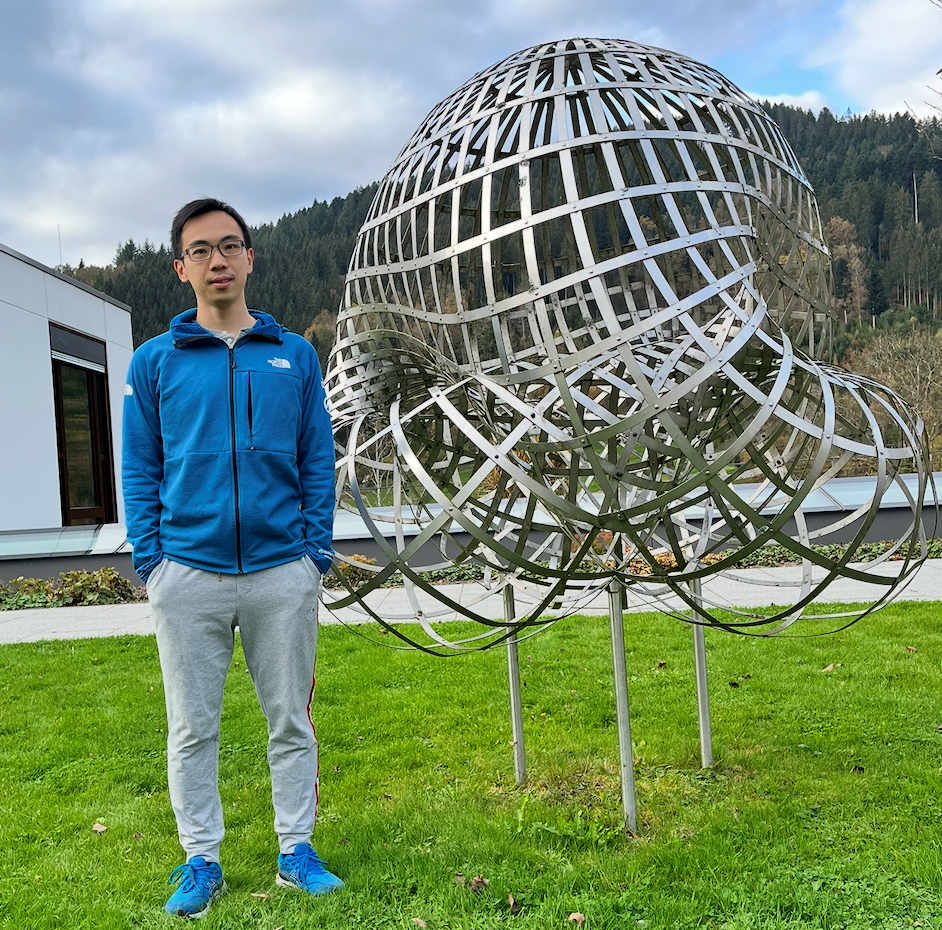Special lecture series: Ergodicity of Markov processes
LECTURES 1&2
Where: Monash University, Clayton Campus, S3 Eastern Science Lecture Theatre, 16 Rainforest Walk
When: Monday 2 February
Time: 1pm – 3pm (lunch provided from 12.15pm)
Zoom links to be distributed to online participants before the event
1. Markov processes and their invariant measures
We discuss basic concepts on Markov processes in both discrete and continuous time. We also introduce the notion of invariant measures and discuss their basic structural properties.
2. Harris’ ergodicity theorem
We discuss Harris’ ergodicity theorem following M. Hairer and J. Mattingly’s elegant and elementary approach in 2008. The theorem asserts that if a Markov process admits a Lyapunov function and satisfies a suitable “accessibility” condition, the process will converge to a unique invariant measure with an exponential rate. This part is the core of the lecture series.
LECTURE 3
Where: Monash University, Clayton Campus, S3 Eastern Science Lecture Theatre, 16 Rainforest Walk
When: Tuesday 3 February
Time: 1pm – 2pm (lunch provided from 12.15pm)
Zoom links to be distributed to online participants before the event
3. Applications to stochastic differential equations
As an application of the main theory, we study ergodicity properties of stochastic differential equations through concrete examples.

Dr Xi Geng, The University of Melbourne
I am a senior lecturer at University of Melbourne. I obtained my PhD at Oxford University in 2016 and completed my postdoctoral research at Carnegie Mellon University in 2019 before moving to Melbourne. I am a mathematician working in the interplay between probability and analysis. My main research areas are stochastic analysis and rough path theory. In recent years, I have been particular interested in stochastic partial differential equations in geometric settings, in particular, in understanding quantitative relations between their large scale behaviours and global geometry.

